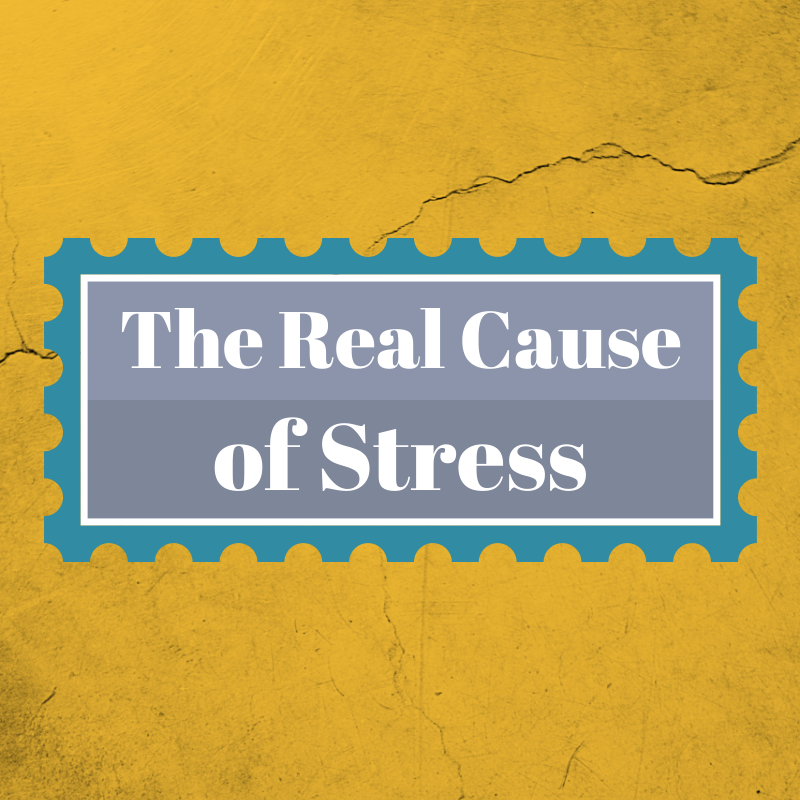I used to think people who needed mental health days were doing something seriously wrong. When I was working in a full-time job I hated taking a day off just for the hell of it. I pooled my days off for holidays and vacations that I looked forward to. As someone whose main goal is to find balance in my daily life and live with a sense of peace in every moment, getting to a point where I needed to take an entire day off work just to recover mental sanity seemed absurd and counterintuitive to the life I aspire to live.
And then it happened.
Over the past couple years, I’ve been lucky to do work I love. Especially over the past couple months, I’ve been given opportunities to do more work I love with people I enjoy working with. But it got to the point where I couldn’t write another word. I couldn’t devote any more mental energy to the projects at hand. It wasn’t that I had worked too hard or stayed up super late. But I’d focused so intently and burned so much mental energy, I was spent.
I became aware that I needed a break to do something less mentally taxing and I realized why people use mental health days.
The Difference Between a Mental Health Day and a Sick Day
The difference between a mental health day and a sick day is that recovering mental health means resting your mind. Creative people often get to the point where we devote so much of our energy on one project for such long periods of time that our head hurts or we’re unable to think logically any longer. We must extract ourselves from our work lest we fall prey to the all-consuming insanity of living inside our heads – often where we feel the safest and most comfortable.
Sick days suck because you don’t feel well and you end up laying on the couch watching daytime TV or movie reruns that just can’t keep your interest. Or you sleep the day away, catch up on some reading, but the whole while you’re not enjoying yourself because you just don’t feel yourself.
Mental health days on the other hand are a different story. You feel fine, so you can enjoy life. You may still sit on the couch and watch mindless television or consume an entire fiction book in the span of a few hours, but this time you actually enjoy it. You might go golfing or hiking or go hang out at a cofee shop and people watch. You might take a bubble bath and sleep in and cook yourself a delicious meal. Anything that seems mindless and fun to get you out of work mode and into relaxation mode. This is the vacation our minds must have sometimes.
If we don’t take mental health days we risk burnout.
Take for example the week where I burned all the creative energy I had available to me. The next week, I worked half the amount of time I normally work because I just couldn’t get excited about my work. I was worn out and had no energy. As a result, I got even further behind. In addition, I physically got sick, which is a whole ‘nother post on how the mental and physical are so closely related. My mental stress contributed to an actual physical illness that then took me off the clock for good in that boring kind of waste-of-time way.
At the end of the week where I’d worked really hard, I realized I needed a mental health day. And I didn’t take it because I felt like I had too much to do. If I would have just taken one day off, I would have regained at least some of the energy I lost for the whole week, and I could have potentially staved off my physical illness. I would have saved time by taking a day off. Instead, I wasted a week.
Give Your Brain A Break
It’s counterintuitive to think that taking time off will help you gain time in the future, but when you start to think about how productive you are when you’re energy is drained, it starts to make sense. If you’re unable to be productive because your mental energy is too low, it’s time to give your brain a break.
Our brains burn calories just like our body. Ferris Jabr of Scientific American, found that our brains take up about 20% of our resting metabolic rate, the minimum amount of energy needed to keep your body functioning. Interestingly, thinking harder doesn’t seem to change that number. However, Jabr found that our attitude toward our work does seem to have an effect on our energy levels. If we use our brains for activities we enjoy, we often feel rejuvenated. Take for example, a crossword, riddle, or puzzle we might do for fun. On the contrary, sustaining mental energy for long periods of time on projects we do not enjoy (for whatever reason) leaves us feeling drained.
This correlates perfectly with the case for mental health days. If you’re working hard on a project for work and you’re not enjoying it, you’ll experience burn out. The solution? Find a way to enjoy the work. Sometimes walking away from the work and giving yourself some space and time will help you rekindle that passion you had for your work in the first place. They do say that absence makes the heart grow fonder. This is why people who love their work are often eager to get back to it after a week’s vacation. Those who don’t enjoy their work wish vacation will never end.
Redefining Mental Health
Staying well means taking care of both your physical and mental health. So many of us spend thousands of dollars a year trying to get our physical health in shape, but completely ignore the state of our mental wellness. Mental health has a bad rap – it’s connotation in today’s society suggests that there is something inherently “wrong” with people who suffer poor mental health. And yet, feeling stressed out affects the happiness of over 1/3 of adults in America according to the American Psychological Association’s 2014 Stress in America survey. Taking care of our brains is just as important as taking care of our bodies, especially if we expect to operate long-term in the information society.
Looking to The Long-Term
It’s hard for us to take mental health days because we don’t see how the long-term benefit can outperform the short-term loss. In fact, so much of life is about learning how to balance the short-term benefits over the long-term benefits. Most of us don’t have the discipline and patience to hold out for the long-term. It’s true of investing as it is in life. This is human nature. This is why we wait until some tragedy strikes before taking responsibility for something we know in the back of our mind is not quite right.
It’s a question I ask myself almost constantly. How do we shift our mindset to live for the long-term rather than short-term gains? Is it a mindset we can adopt over time? What needs to shift for you to help you prioritize the long-term? I read once where self-employed people should take at least one day off work a month. When was the last time you took a day off? I’m curious to hear your thoughts!



